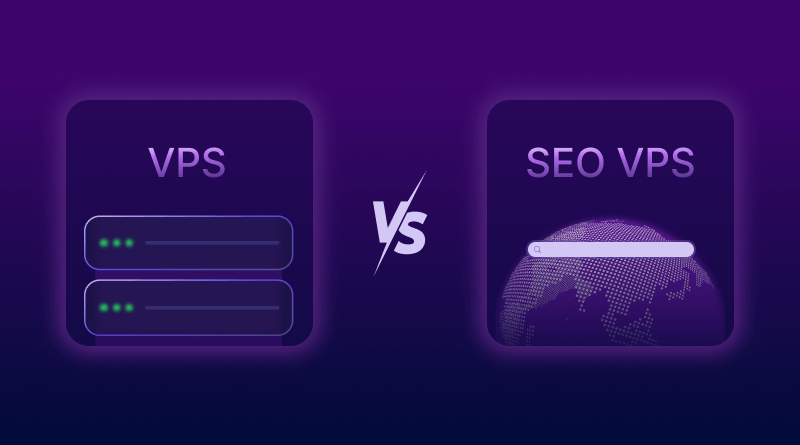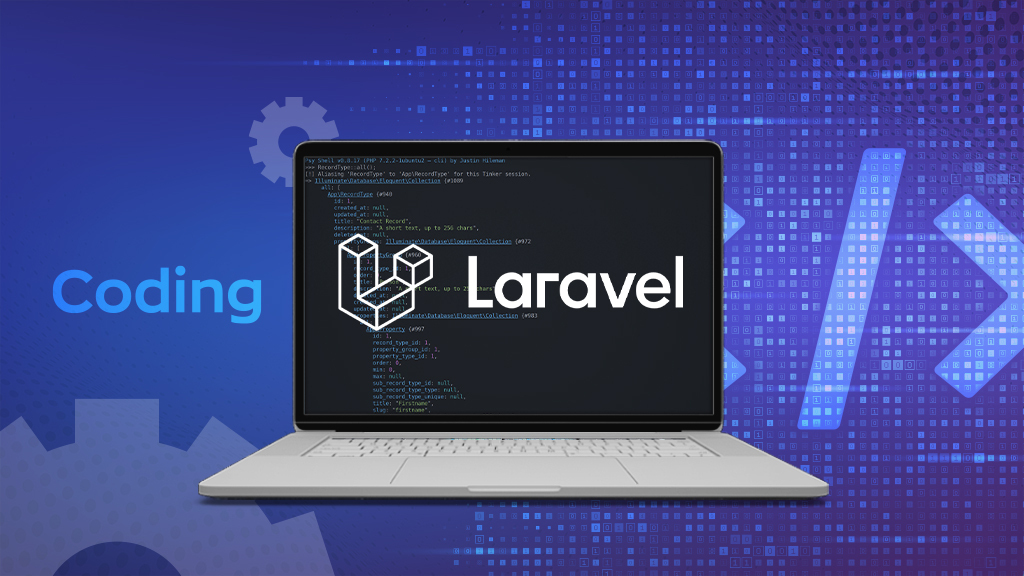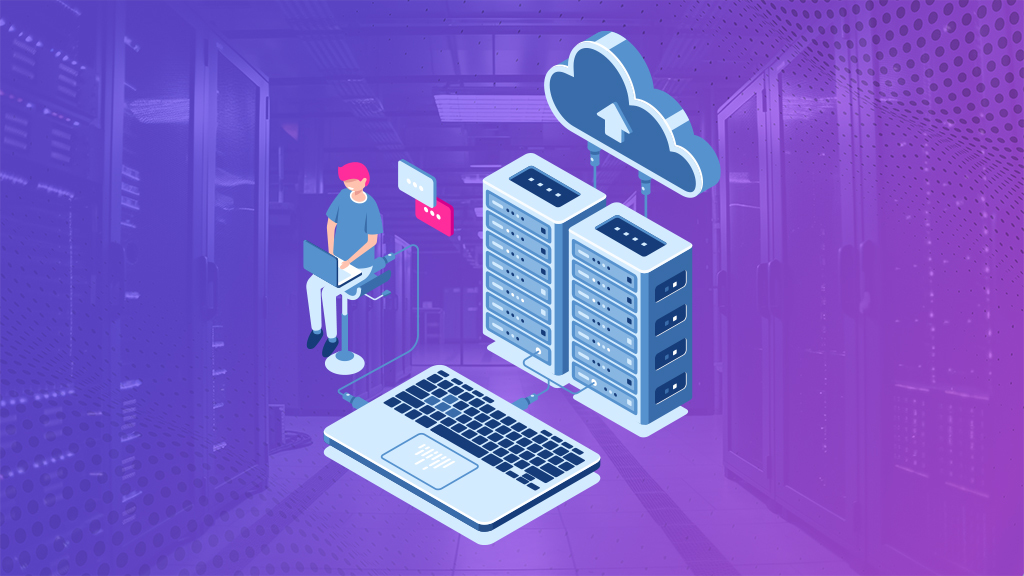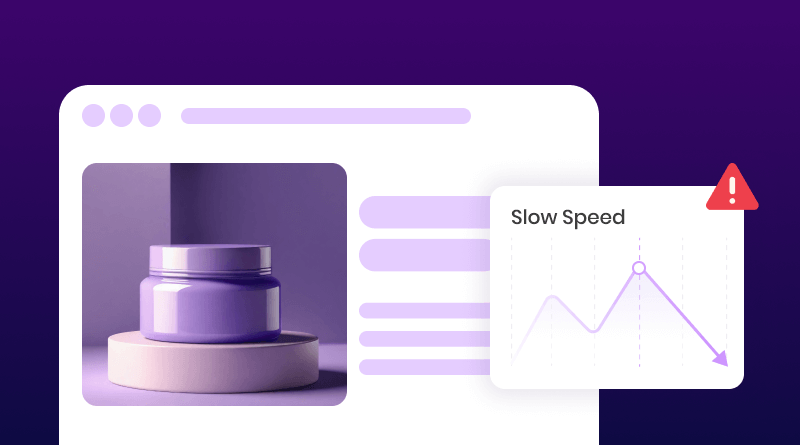
You work on your SEO. You write good content, choose the right keywords, and build backlinks. However, your website still fails to rank as it should.
It feels confusing, especially when sites with weaker content outrank you. The truth is simple. Your SEO is not the problem. Your hosting is.
A slow or crowded server holds your website back, no matter how much you optimize. It’s like trying to win a race with a low-powered engine. This is where SEO VPS Hosting changes everything. It gives your website the speed, stability, and strength Google expects, so your SEO efforts finally start delivering real results.
The Real Reason Your Website Still Feels Slow
Your website may load quickly for you, but that doesn’t mean it’s fast for Google or for users in other regions. Behind the scenes, several hidden hosting issues can slow everything down.
Common problems include:
- Slow server response
- Crowded shared hosting.
- Unstable or limited resources
- Poor crawl budget usage
- Weak IP reputation issues
- The server is located far from your target audience.
These issues quietly damage your rankings. You don’t notice them directly, but you feel the results. Slower traffic. Ranking drops. Lower impressions. Pages are stuck in indexing. Most people blame their SEO. But the real problem begins with the hosting.
Top 12 Reasons Why Your Website Is Slow (Even if Your Internet Is Fast)
A website can feel slow even on fast internet because the real issue is usually the server, not the connection. Here are the most common hosting problems that slow down websites and hurt rankings.
1. Slow TTFB (Time to First Byte)
Your server takes too long to respond. Google penalizes this with a lower crawl frequency.
2. Overloaded Shared Hosting
Too many websites share the same server resources.
3. Server Located Far From Users
Distance increases latency, making your website slow for visitors in other regions.
4. Weak CPU or Low RAM
Shared hosting often limits RAM and CPU power.
5. Shared IP Reputation Problems
If your neighbor is spammy, you suffer too.
6. High Traffic Spikes
Shared hosting collapses during peak hours.
7. Slow Database Queries
Weak servers make database-heavy sites slow.
8. No Caching or Poor Caching
Shared hosting often blocks advanced caching.
9. Too Many Requests at the Same Time
A slow server cannot handle simultaneous visitors.
10. Slow SSL Handshake
Weak servers slow down HTTPS verification.
11. DNS Lookup Delays
Sometimes the DNS resolver itself is slow.
Common Fix for All Slow Website Issues
Most of these problems happen because the server is slow, crowded, or not optimized for SEO.
The fastest and most reliable fix for all 12 issues is upgrading to SEO VPS Hosting, because it gives you:
Faster Server Response (Lower TTFB)
Dedicated CPU and NVMe storage make your site load quickly for Google and users.
Clean Dedicated IP
No risky neighbors is equal to better crawl trust, better deliverability, and stronger ranking signals.
Geo-Location & C-Class IPs
Your site loads faster in target regions and gets better local SEO visibility.
Stable Performance
Your site stays fast even during traffic peaks no random slowdowns.
Full Control & Better Caching
You can use advanced caching like Redis or LiteSpeed for instant speed boosts.
In short:
All the slow-speed issues caused by shared hosting are eliminated when you move to SEO VPS. Your website becomes faster, more stable, and easier for Google to crawl and rank.
Why Slow Servers Hurt Your SEO More Than You Think
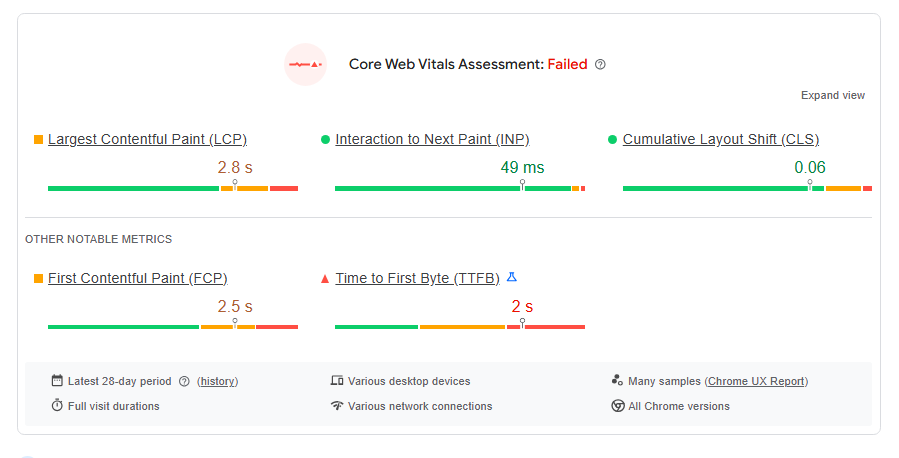
To understand how hosting affects performance, here’s a real PageSpeed Insights test from an actual website.
The design, content, and plugins were all good, yet the performance still failed.
Why? Because the server was too slow.
Actual Performance Results From the Test:
Largest Contentful Paint (LCP): 2.8 seconds
This is slower than Google’s recommended 2.5 seconds. LCP delays hurt user experience and lower ranking potential.
Interaction to Next Paint (INP): 49ms
This is good, meaning the site responds quickly to user input.
But even a good INP cannot compensate for slow server output.
Cumulative Layout Shift (CLS): 0.06
This is excellent and shows the page layout is stable.
So layout is not the issue; the server is.
First Contentful Paint (FCP): 2.5 seconds
Google expects FCP under 1.8s. This slow FCP suggests the server takes too long to deliver the first piece of content.
Time to First Byte (TTFB): 2.0 seconds
This is the biggest red flag.
Google recommends TTFB below 0.2–0.5 seconds.
A TTFB of 2.0 seconds clearly means the server is overloaded or slow.
Core Web Vitals: FAILED
When Core Web Vitals fail, Google automatically reduces ranking trust even if your SEO is perfect.
The Pain Every Website Owner Can Relate To
Almost every website owner goes through the same cycle. You publish a new blog and wait for Google to notice, but nothing happens. You optimize your pages, yet they still feel slow. Your rankings rise one day and drop the next without any clear reason. The traffic graph keeps dipping, and Search Console starts showing slow response or crawl issues. Meanwhile, competitors with weaker content somehow outrank you, which makes it more frustrating.
If this sounds familiar, you’re not alone.
These issues usually come from your hosting, not your SEO. And this is exactly where SEO VPS Hosting becomes the real hero, giving your website the speed and stability it has been missing.
SEO VPS Hosting: The Upgrade That Changes Everything
SEO VPS Hosting is not just another type of VPS. It is designed specifically to improve your rankings, boost your speed, and give your website a clean and stable environment to grow. With SEO VPS, you get dedicated resources that aren’t shared with hundreds of other websites. You also get a clean IP, which protects your site from the risky behavior of neighbors on shared hosting. Your server stays stable during traffic peaks, your pages load faster, and your website becomes far more dependable in Google’s eyes.
Because SEO VPS allows you to choose geo-targeted server locations, your local SEO also improves. And with full control over your hosting setup, you can finally manage your site the way you want.
Once you move to SEO VPS Hosting, a lot of your problems start to fade. Your website becomes faster, your pages get indexed more quickly, your rankings become steady, your crawl budget improves, and your site builds better trust signals. The difference is so noticeable that it almost feels like magic; your website finally performs the way you always expected it to.
How SEO VPS Directly Boosts Your Rankings
Faster TTFB for Better Rankings
Google expects websites to respond fast. Slow TTFB is one of the biggest reasons for lower rankings. With SEO VPS Hosting, your site gets dedicated CPU and NVMe storage, so the server responds quickly and consistently.
Stable Performance Without Sharing Resources
Shared hosting slows down when other websites on the same server get traffic. SEO VPS Hosting gives you private, isolated resources. No noisy neighbors. No random slowdowns.
Clean IP for Better Trust
If your website shares an IP with spammy sites, your trust and email deliverability drop. SEO VPS gives you a clean IP, which improves your domain reputation and sends positive signals to Google.
Improved Crawlability and Faster Indexing
Googlebot crawls fast servers more often. A stable VPS reduces crawl delays and helps new pages get indexed much quicker.
Better Mobile Speed and User Experience
Mobile users need fast-loading pages. SEO VPS Hosting reduces delays and improves your mobile performance, which is a direct ranking factor for Google.
Stronger Local SEO With Geo-Targeted Locations
Choosing a VPS located near your audience lowers latency, improves local performance, and increases your chances of ranking in targeted regions.
In simple words, SEO VPS Hosting gives your website a clean, fast, stable runway for Google.
Shared Hosting (Basic, Entry-Level Hosting)
Shared hosting means hundreds of websites share the same server and IP.
This causes delays, instability, and slow crawling.
SEO Impact:
- High TTFB (often above 1.5-3 seconds)
- Slow indexing
- Weak ranking stability
- Shared IP reputation (risk of spam neighbors)
- Fixed server location means poor local SEO
- Performance drops during other sites’ traffic spikes
Best for: Small websites that don’t depend on SEO.
Standard VPS Hosting (Better Performance but No SEO Features)
A VPS provides your site with dedicated CPU, RAM, and storage, improving performance.
But a normal VPS still doesn’t give SEO advantages like clean IPs or geo-targeting.
SEO Impact:
- Faster speeds
- Stable resources
- Better uptime
- No noisy neighbors
- But still no SEO-focused IP control
- No C-class IP distribution
- No geo-targeted IPs for local ranking
Best for: Growing websites that need speed but not deep SEO benefits.
SEO VPS Hosting (The Best for Ranking, Speed & Crawlability)
SEO VPS Hosting is built specifically for ranking better on Google.
It combines power and SEO signals and a clean network identity.
What Makes SEO VPS Special:
- Geo-location IPs: rank better in specific countries & cities
- C-Class IPs: ideal for agency hosting, link networks, and multi-site SEO
- Clean Dedicated IP: boosts crawl trust & protects from blacklist issues
- Multiple IPs for PBN Isolation: Keeps each PBN site on a separate clean IP, reduces footprints, and improves trust signals.
- Dedicated CPU & NVMe: faster TTFB & LCP
- Isolated resources: stable ranking
- Faster crawling: Googlebot covers more pages in less time
SEO Impact Based on Real Data:
Using your latest PageSpeed Insights test:
- TTFB on slow hosting: 2.0 seconds (Google wants 0.2–0.5s)
- LCP: 2.8s (Google wants under 2.5s)
- FCP: 2.5s (slow server response)
- Core Web Vitals: Failed
These issues happen because of slow server hardware and shared IP environments, not because of bad SEO.
On SEO VPS:
- TTFB usually drops to 200–400ms
- LCP becomes much faster due to NVMe & isolation
- Pages index quickly because of the improved crawl rate
- Clean IP gives Google a strong trust signal
Best for: Bloggers, agencies, e-commerce sites, local businesses, ad-run websites, and anyone who wants consistent traffic and stable rankings.
Who Should Upgrade to SEO VPS Hosting
- Your website loads slowly, even with a fast internet connection
- Your pages take too long to index in Google
- Your rankings jump up and down for no clear reason
- You want to target users in a specific country or region
- You run an e-commerce store and need stable performance
- You manage multiple websites on a single hosting account
- You run paid ads and need fast, stable landing pages
- Your business depends on Google for traffic and sales
- You manage client sites and need reliable performance
- You’re tired of shared hosting slowing your site during peak hours
If even ONE of these matches, SEO VPS Hosting is no longer optional; it’s the upgrade your website needs to grow safely and steadily.
Real World Impact After Moving to SEO VPS Hosting
- Websites that move from shared hosting to SEO VPS see immediate improvements.
- Faster indexing
- Better ranking stability
- Stronger speed on all devices
- Better conversion rates
- Clean IP reputation
- Better uptime
- Visible lift in impressions and traffic
For many businesses, this one upgrade brings more SEO power than dozens of backlinks.
Why Your Website Deserves SEO VPS
Your website is your business. It needs a strong foundation.
SEO VPS Hosting is the foundation.
- It protects your rankings.
- It boosts your speed.
- It supports your growth.
- It gives Google everything it needs to trust your site.
- It gives you a level of performance that shared hosting can never offer.
If SEO is your long-term strategy, SEO VPS Hosting is the smartest upgrade you can make.
Your content deserves the chance to shine. Your website deserves a fast and stable home.
Your business deserves traffic that keeps growing.
Make the shift to SEO VPS Hosting, and you will see the difference. It turns a struggling website into a fast, powerful, and ranking machine.
FAQs
This usually happens because the issue is not your internet but your hosting server. Slow TTFB, overloaded shared hosting, or a distant server location can make your website load slowly for users and Google. SEO VPS Hosting gives you faster server response and stable resources, so your site loads quickly everywhere.
If your hosting is slow or unstable, Google reduces crawl frequency and ranking trust. Even perfect SEO cannot fix a slow server. SEO VPS Hosting improves speed, uptime, crawlability, and IP trust, helping your website rank more consistently.
You may be close to the server, while other users are not. Shared hosting also slows down during traffic spikes. SEO VPS Hosting lets you choose a server location close to your target audience and gives stable performance for all visitors.
A slow or crowded server increases TTFB and reduces Googlebot’s crawling rate. This causes delayed indexing. SEO VPS Hosting improves crawl speed and server stability, helping your pages get indexed faster.
Your hosting affects TTFB, load time, uptime, mobile speed, and IP reputation. These are key SEO factors Google evaluates before ranking a website. SEO VPS Hosting improves all of these, giving your site a stronger technical base for better rankings.


